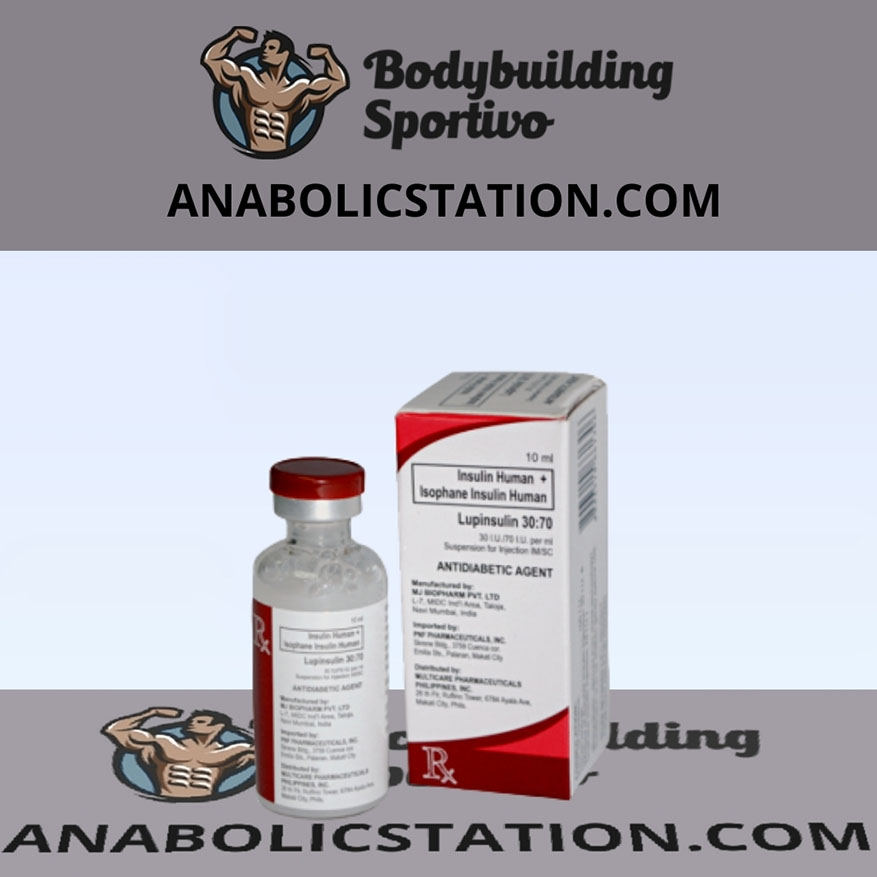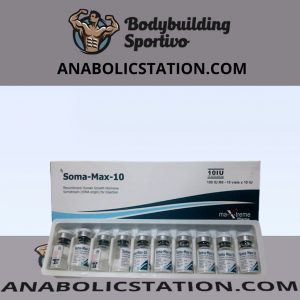Description
Insulin is a hormone produced by the pancreas that allows the body to use sugar (glucose) from the carbohydrates in the food you eat for energy or to store glucose for future use. Insulin helps keep your blood sugar too high (hyperglycemia) or too low (hypoglycemia).
Your body's cells need sugar for energy. However, sugar cannot enter most of your cells directly. After eating food and raising blood sugar levels, cells in the pancreas (known as beta cells) are signaled to release insulin into the blood. Insulin then binds and signals the cells to absorb sugar from the bloodstream. Insulin is often described as a key, which unlocks the cell to allow sugar to enter the cell and be used for energy.
After eating, the cells in the pancreas are signaled to release insulin into the blood.
If you have more sugar in your body than you need, insulin helps store sugar in the liver and releases it when your blood sugar is low or if you need more sugar, such as between meals or during exercise. Therefore, insulin helps balance blood sugar levels and keeps them in a normal range. As blood sugar levels rise, the pancreas secretes more insulin.
Insulin production
If your body doesn't make enough insulin or your cells are resistant to the effects of insulin, you can develop hyperglycemia (high blood sugar), which can cause long-term complications if your blood sugar levels remain high for long periods of time. time.
Insulin treatment for diabetes
People with type 1 diabetes cannot produce insulin because the beta cells in the pancreas are damaged or destroyed. Therefore, these people will need insulin injections to allow their body to process glucose and avoid complications from hyperglycemia.
People with type 2 diabetes do not respond well or are insulin resistant. They may need insulin shots to help them treat sugar better and to prevent long-term complications from this disease. People with type 2 diabetes can first be treated with oral medications, along with diet and exercise. Since type 2 diabetes is a progressive condition, the longer someone has it, the more likely they will require insulin to maintain their blood sugar levels.
Various types of insulin are used to treat diabetes and include:
Fast-acting insulin: starts working about 15 minutes after injection and peaks at about 1 hour, but continues to work for 2-4 hours. This is usually taken before a meal and in addition to a long-acting insulin.
Short-acting insulin: starts working about 30 minutes after injection and reaches about 2 to 3 hours, but will continue to work for 3-6 hours. It is usually given before a meal and in addition to a long-acting insulin.
Intermediate-acting insulin: starts working about 2 to 4 hours after injection and reaches about 4 to 12 hours later and continues to work for 12-18 hours. It is usually taken twice a day and in addition to a fast-acting or short-acting insulin.
Long-acting insulin: it starts working a few hours after injection and works for about 24 hours. If needed, it is often used in combination with fast-acting or short-acting insulin.
Insulin can be given by syringe, injection pen or insulin pump which provides a continuous flow of insulin.
Your doctor will work with you to figure out which type of insulin is best for you depending on whether you have type 1 or 2 diabetes, your blood sugar levels, and your lifestyle.






Reviews
There are no reviews yet.